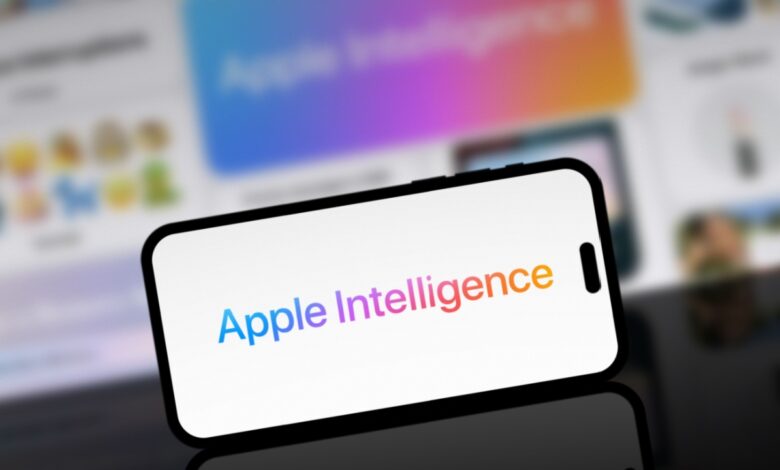Apple’s Device Longevity Makes AI More Important

[ad_1]
Apple’s devices are lasting longer, so customers don’t trade up as often.
And as Bloomberg News reported Sunday (June 30), that could make the tech giant’s artificial intelligence (AI) efforts all the more important.
To be clear, the report said, Apple is trying to make its products extra durable, and says devices that are 7 years old can still run its current operating systems. However, the report goes on to argue that Apple will be a less reliable source of growth as sales decline.
The company could turn things around, Bloomberg’s Mark Gurman wrote, as it has “a growing opportunity to entice customers with software and artificial intelligence.”
When Apple unveils the iPhone 16 this fall, it won’t have many hardware changes, but customers will have to buy a new phone if they want the Apple Intelligence offerings. This could also lead Mac and iPad users to upgrade as well, he argued.
The declining pace of hardware upgrades, the report said, will also mean that Apple has to depend more on service fees and subscriptions to fuel sales.
The news comes as Apple is seeking partnerships to broaden its AI capabilities. Last week saw reports that the company had held talks with Meta about a partnership, an idea which Apple ultimately rejected. Like other companies undertaking generative AI products, Meta was apparently aiming to tap into Apple’s massive distribution network.
Meanwhile, PYMNTS wrote earlier this month that Apple’s new AI efforts could “transform how consumers interact with their devices and, more importantly, how they shop.”
If Apple gets its way, that report noted, consumers’ iPhones will know their shopping preferences and predict their next purchase. Apple Intelligence will be able to examine their browsing history, purchase patterns, and social media activity.
Experts say the company is also looking to change how businesses interact with customers. With the integration of OpenAI’s ChatGPT, Apple products will soon be able to handle customer inquiries, process orders and even provide product recommendations.
“As consumers become accustomed to AI handling more tasks, their reliance on AI for daily activities and decision-making will likely increase. This could shift consumer expectations toward more automated and intuitive services,” Yi Fang, associate professor of computer science and engineering and director of responsible AI in the School of Engineering at Santa Clara University, told PYMNTS.
For all PYMNTS AI coverage, subscribe to the daily AI Newsletter.
[ad_2]
Source link





